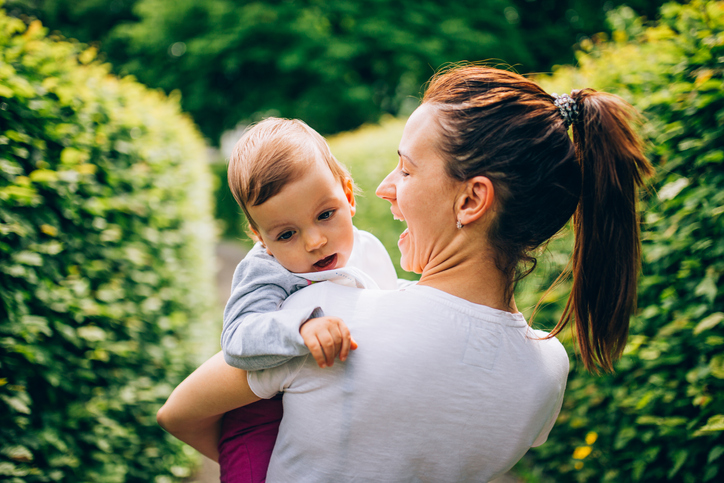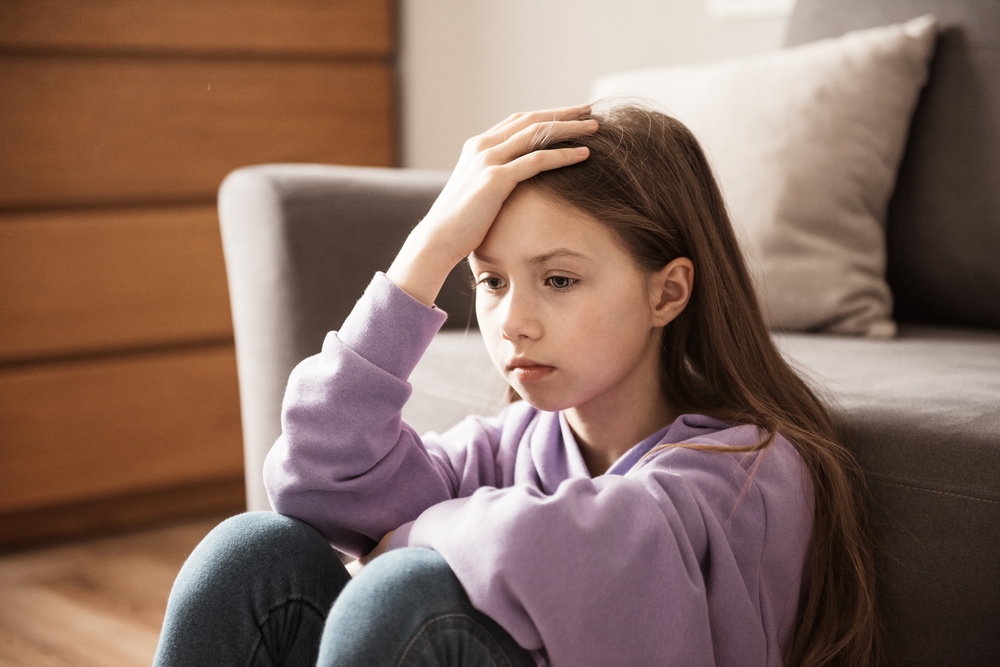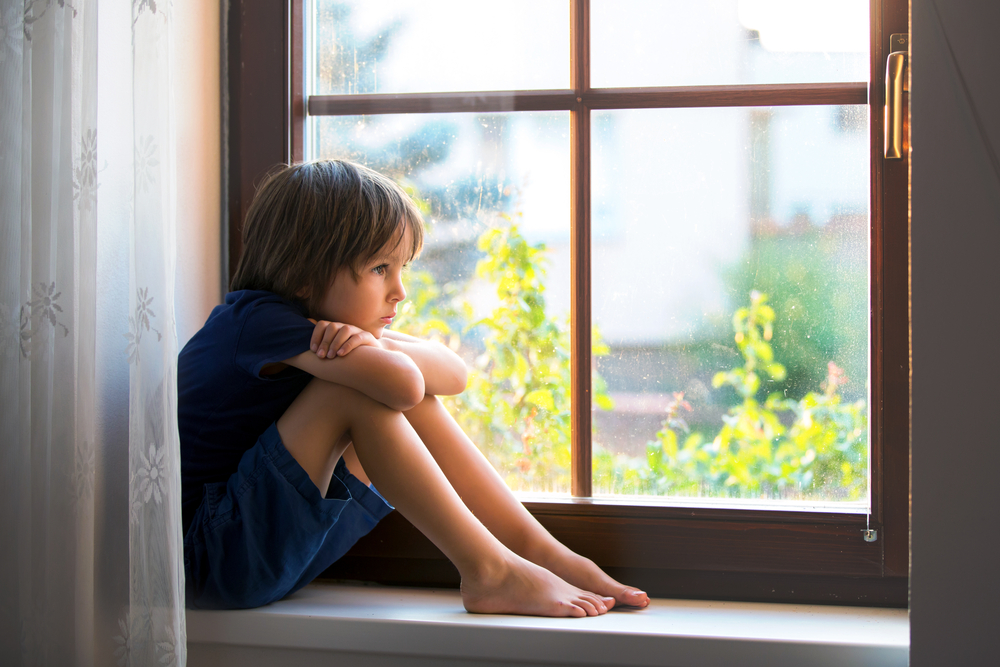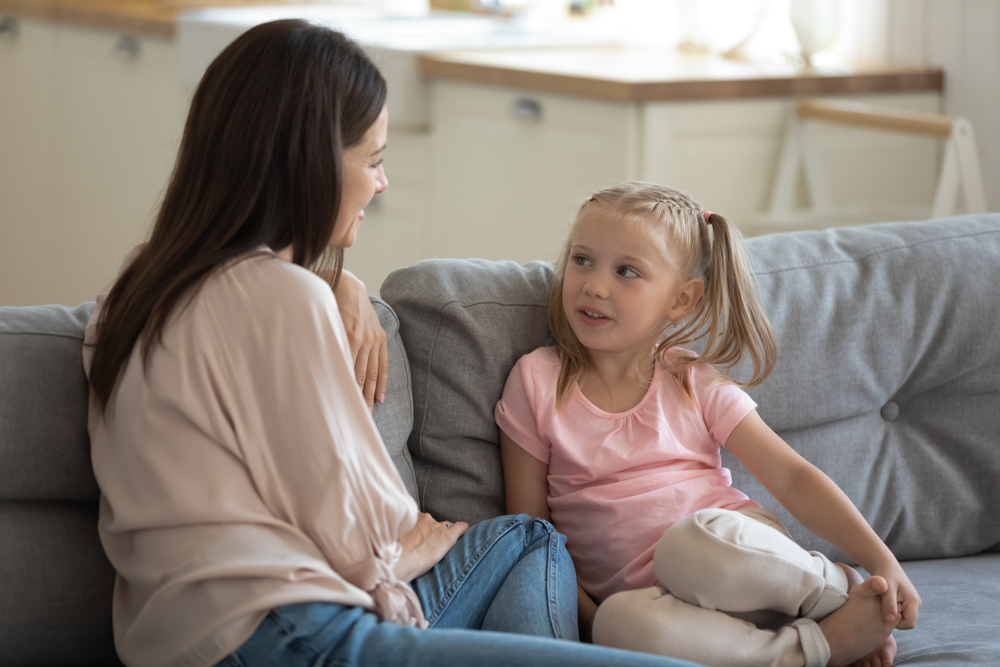Divorce isn’t anyone’s first choice, but sometimes it’s the healthiest option. While we often hear about the negative impacts of divorce on kids, staying in a toxic marriage can actually do more harm than good. Here’s why divorce might create a better environment for your children.
1. Two Happy Homes Beat One Miserable One

When kids split time between two peaceful households, they get double the stability instead of one chaotic one. In each home, they can relax without the backdrop of constant conflict or silent treatment between parents. They experience what a calm household feels like, maybe for the first time. They see their parents focusing on being better individuals and more present caregivers instead of just surviving a bad marriage. Having two functional homes gives kids a chance to see their parents as real people, not just two corners of a fighting triangle.
2. More Authentic Extended Family Relationships

Kids stop feeling pressured to pick sides between different family branches after divorce. They can love grandparents from both sides without guilt. Holiday celebrations become more relaxed when they’re split between households rather than enduring tense combined gatherings. Extended family members often become more involved, creating a wider support network. Without the strain of maintaining artificial family unity, relationships with relatives can develop naturally and genuinely.
3. The Reality of Two Whole Parents

When unhappy parents finally split, kids often get two emotionally healthier adults in exchange for two miserable ones playing house. That cloud of depression and resentment lifts, allowing each parent to rediscover who they are outside of a toxic relationship. Parents often start taking better care of themselves, pursuing interests they’d abandoned, and finding their own happiness again. This personal growth directly benefits the kids, who get to see their parents as complete individuals rather than just bitter spouses. Watching parents rebuild their lives teaches children resilience and the importance of personal happiness.
4. Freedom to Express Emotions

In unhappy marriages, kids often suppress their feelings to avoid adding to family tension. After divorce, they can finally express sadness, anger, or confusion without feeling like they’re making things worse. Parents become more emotionally available to handle these feelings when they’re not overwhelmed by their own marital stress. Children learn it’s okay to have complex emotions about family changes and that their feelings matter.
5. Breaking the Cycle of Dysfunction

Watching parents stay in a loveless marriage sets a dangerous precedent for future relationships. Kids learn that marriage is about endurance rather than happiness, and that love means suffering in silence. These early templates shape how they’ll approach their own relationships as adults. By choosing divorce, parents show their children that it’s okay to prioritize emotional health over societal expectations. This break in generational patterns can change the trajectory of how their kids view relationships forever.
6. More Present Parenting

Parents who aren’t drained by a bad marriage have more emotional energy for their kids. They can focus on quality time instead of just surviving another day. Their parenting decisions come from a place of clarity rather than spite or exhaustion. Kids get the best version of each parent during their designated time together. This focused attention often leads to stronger parent-child bonds than what existed in the tension of an unhappy marriage.
7. The End of Constant Tension

Kids are like emotional sponges, absorbing every eye roll, passive-aggressive comment, and tense silence between fighting parents. They feel the weight of unspoken arguments and the strain of forced politeness at family dinners. Even when parents think they’re “keeping it together for the kids,” children pick up on the underlying hostility like they’ve got built-in stress detectors. Living in this pressure cooker of tension affects everything from their sleep patterns to their ability to focus at school. When parents separate, that suffocating atmosphere finally lifts, allowing everyone to breathe easier without walking on eggshells.
8. Modeling Healthy Boundaries

Staying in an unhappy marriage teaches kids all the wrong lessons about relationships and self-worth. They learn to settle for less, to suppress their feelings, and that love means sacrificing their happiness. When parents make the tough decision to divorce, they’re showing their children that it’s okay to set boundaries and prioritize their well-being. This teaches kids that they don’t have to stay in situations that make them unhappy and that sometimes the bravest thing you can do is walk away. It’s a powerful lesson in self-respect that will shape how they approach their own relationships later in life.
9. Better Individual Parenting

Unhappy couples often undermine each other’s parenting decisions out of spite or frustration. When parents separate, they can focus on being the best version of themselves without the constant power struggles. Each parent gets to establish their own rhythm and rules without someone else’s angry input or passive-aggressive comments. They’re more emotionally available because they’re not drained from constant relationship stress. Kids benefit from having two parents who are emotionally present rather than emotionally exhausted.
10. Freedom from Emotional Manipulation

Kids stuck between warring parents often become unwilling pawns in their power games. They get pulled into taking sides, carrying messages, and keeping secrets that no child should have to handle. Divorce can actually free them from this emotional tug-of-war. Post-divorce boundaries and legal agreements often force parents to stop using their children as go-betweens. Kids can finally just be kids instead of miniature therapists or message carriers.
11. Better Communication Skills

Ironically, many divorced parents communicate better than they did when married. Without the emotional charge of living together, they can focus on practical co-parenting decisions. Kids learn healthy conflict resolution by watching their parents navigate post-divorce challenges respectfully. They see adults setting boundaries, compromising, and putting children’s needs first. These lessons in effective communication become valuable life skills.
12. Healthier Sibling Bonds

Siblings often become closer after divorce, bonding through shared experiences instead of competing for attention from stressed parents. They stop taking sides in parental conflicts and focus on supporting each other. The “us against the world” mentality can create lasting bonds between brothers and sisters. Kids learn to lean on each other in healthy ways, rather than forming alliances against one parent or another. These strengthened sibling relationships often last well into adulthood.
13. Clearer Identity Development

Kids in conflicted marriages often lose themselves trying to be what each parent wants. With divorce, they can develop their own identity without the pressure of playing peacemaker. They stop trying to be different versions of themselves to please each parent. Their personality can emerge naturally without the weight of their parents’ relationship issues. This freedom leads to stronger self-awareness and confidence.
14. Better Academic Performance

When kids aren’t distracted by home drama, they can actually focus on being students. Their brain space gets freed up from worrying about their parents’ next fight or what they’ll come home to. They’re more likely to complete homework, participate in class, and join extracurricular activities when they’re not constantly anxious about home life. School becomes a consistent space rather than just an escape from home tension. Their grades often improve simply because they can concentrate on learning instead of emotional survival.
15. Financial Clarity

Though divorce can be financially challenging, it often leads to clearer, more stable financial situations. Kids no longer witness fights about money or feel the stress of hidden financial problems. Both households operate with transparent budgets and clear expectations. Children learn healthy financial lessons by watching their parents manage independent households. This clarity helps reduce anxiety about money that often plagues kids in turbulent marriages.








